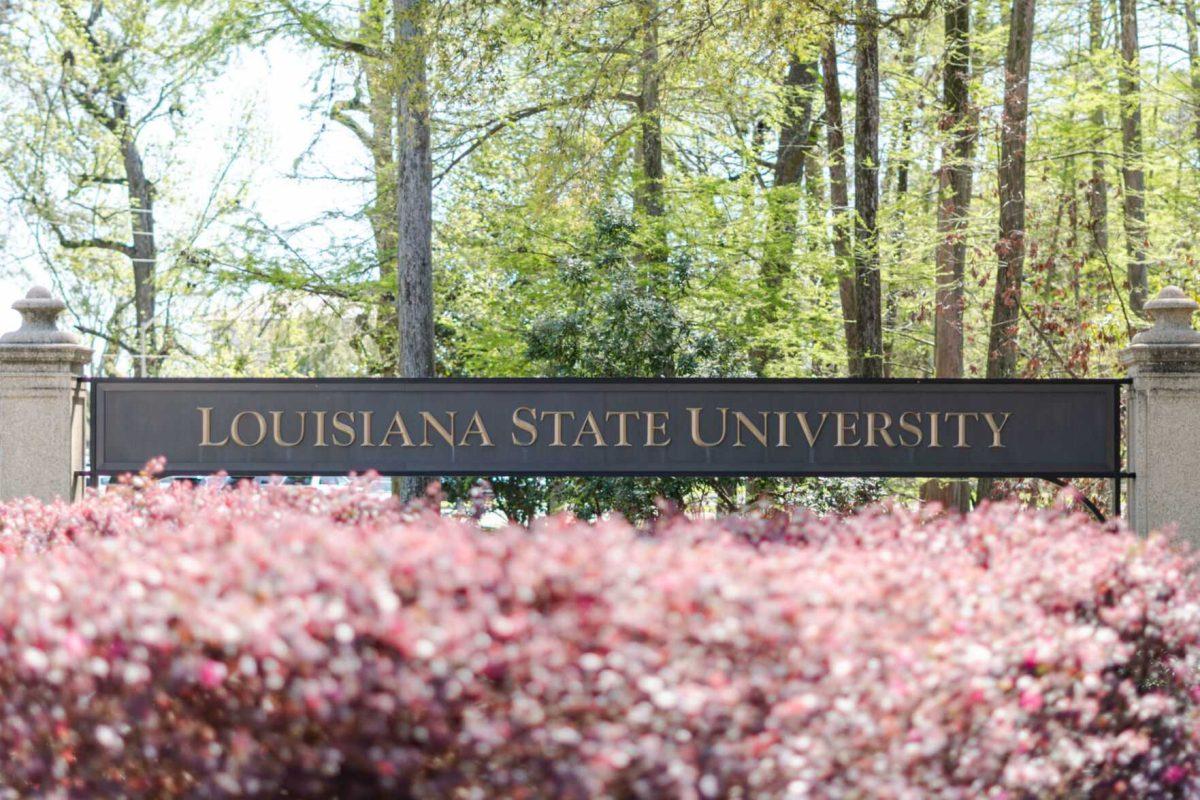Universities’ libraries are struggling to maintain extensive research libraries as subscription costs for academic journals continue to rise, head of LSU Libraries’ access services Kelly Blessinger said — sometimes at four times the rate of inflation. Procuring journals is especially difficult when library budgets remain stagnant or dip, she said.
Researchers still need reference materials, Blessinger said, and many have to make do with less respected materials because they’re available. Others are resorting to using pirated journal articles from sites such as Sci-Hub, a Russian user-supported website that aims to counteract the rising costs of academi journals.
Head government documents librarian Stephanie Braunstein organized a Monday panel in Hill Memorial Library on the topic of open access and said the library’s inability to serve researchers’ needs affects the library’s mission.
“It really puts us in a very awkward position because our purpose and function is in question if we can’t provide, especially since we’re part of a group of academic libraries that are research oriented,” Braunstein said “and in order to be able to make that claim we need to be able to have a collection that bears that out.”
The open access movement is working to remedy libraries’ funding challenges.
Bob Schatz, institutional engagement manager for academic publisher SpringerNature and a participant in Monday’s panel, said academics isn’t the only field exploring the possibilities of open access publishing.
In 2013, the Obama administration mandated that any federally-funded research and development project receiving more than $100 million must release its data and research within one year of publication, Schatz said.
In the private sector, the Bill and Melinda Gates Foundation became the first major research funder to require open access for projects funded through the Foundation beginning in 2015. The Foundation is currently negotiating with publishers to grant open access waivers to Foundation funded projects, Schatz said.
Though the industry may begin shifting toward open access in the future, there are still many who oppose the concept, he said.
In the early days of open access, several major publishers attempted to undermine the legitimacy of open access by comparing it to vanity publishing. Today, there’s still considerable politics involved in academic publishing, and non-tenure faculty members often feel the need to publish in traditionally well-respected publications while pursuing tenure and career advancement, Schatz said.
Different disciplines also view open access differently, Blessinger said. Academics in the arts and humanities are typically more wary of plagiarism, while the sciences, which receive significant federal funding, are more openly embracing the new medium.
Rising academic journal prices limit research access at LSU, other universities
October 24, 2016
More to Discover








